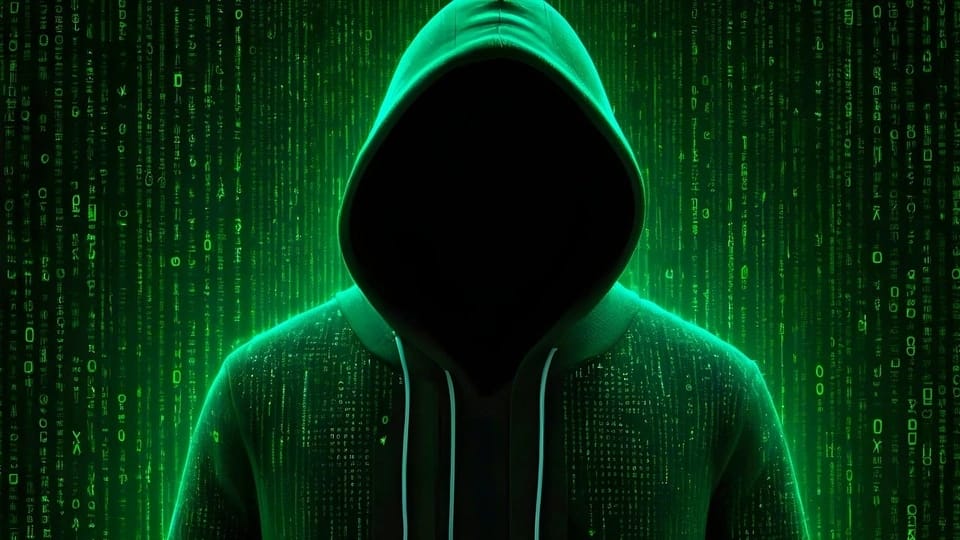Government warns against ‘Digital Arrest’ scam in WhatsApp and Skype calls

Government warns against 'Digital Arrest' scam in WhatsApp and Skype calls
The Ministry of Home Affairs (MHA) issues a warning about a new online fraud scheme dubbed ‘digital arrest,’ where cyber criminals impersonate police officials to extort money from victims.
The ministry highlights various tactics used by fraudsters, such as fake parcel deliveries or fabricated arrests. To combat these fraudulent activities, the Indian Cyber Crime Coordination Centre (I4C) has partnered with Microsoft to block malicious activities and disseminate alerts on social media. Citizens are urged to remain vigilant and report any suspicious activity.
Amidst the surge in cybercrimes, the Government of India is cautioning the public against a new form of online fraud known as ‘digital arrest.’ The Union Ministry of Home Affairs has issued an alert regarding cyber criminals impersonating police officials to intimidate and extort money from victims.
The ministry reports a significant number of complaints on the National Cyber Crime Reporting Portal (NCRP) concerning intimidation, blackmail, extortion, and instances of ‘digital arrests’ by cybercriminals posing as various law enforcement agencies, including the Central Bureau of Investigation (CBI), Narcotics Department, Reserve Bank of India (RBI), and the Enforcement Directorate.
So, what exactly is a digital arrest and how does this scam operate? According to the ministry, fraudsters typically contact potential victims, claiming that they are either the senders or recipients of a parcel containing illegal items, drugs, fake passports, or other contraband. They may also falsely inform victims that a family member or friend has been involved in a crime or accident and is in custody.
These criminals then demand money to resolve the fabricated ‘case.’ In some instances, victims are instructed to remain visible via Skype or another video conferencing app, undergoing what is termed a ‘digital arrest.’ The ministry notes that fraudsters often utilize studio setups resembling police stations or government offices and wear uniforms to appear authentic.
The Home Ministry emphasizes its collaboration with other ministries, agencies, RBI, and organizations to counter these fraudulent activities. The Indian Cyber Crime Coordination Centre (I4C), in partnership with Microsoft, has taken action against over 1,000 Skype IDs involved in such scams. Additionally, efforts are underway to block SIM cards, mobile devices, and mule accounts used by these fraudsters.
The I4C has issued alerts via infographics and videos on its social media platform ‘Cyberdost’ on X, Facebook, Instagram, and others, urging the public to remain vigilant and spread awareness about these frauds. In case of receiving such calls, citizens are advised to promptly report the incident to the cybercrime helpline number 1930 or www.cybercrime.gov.in for assistance.










